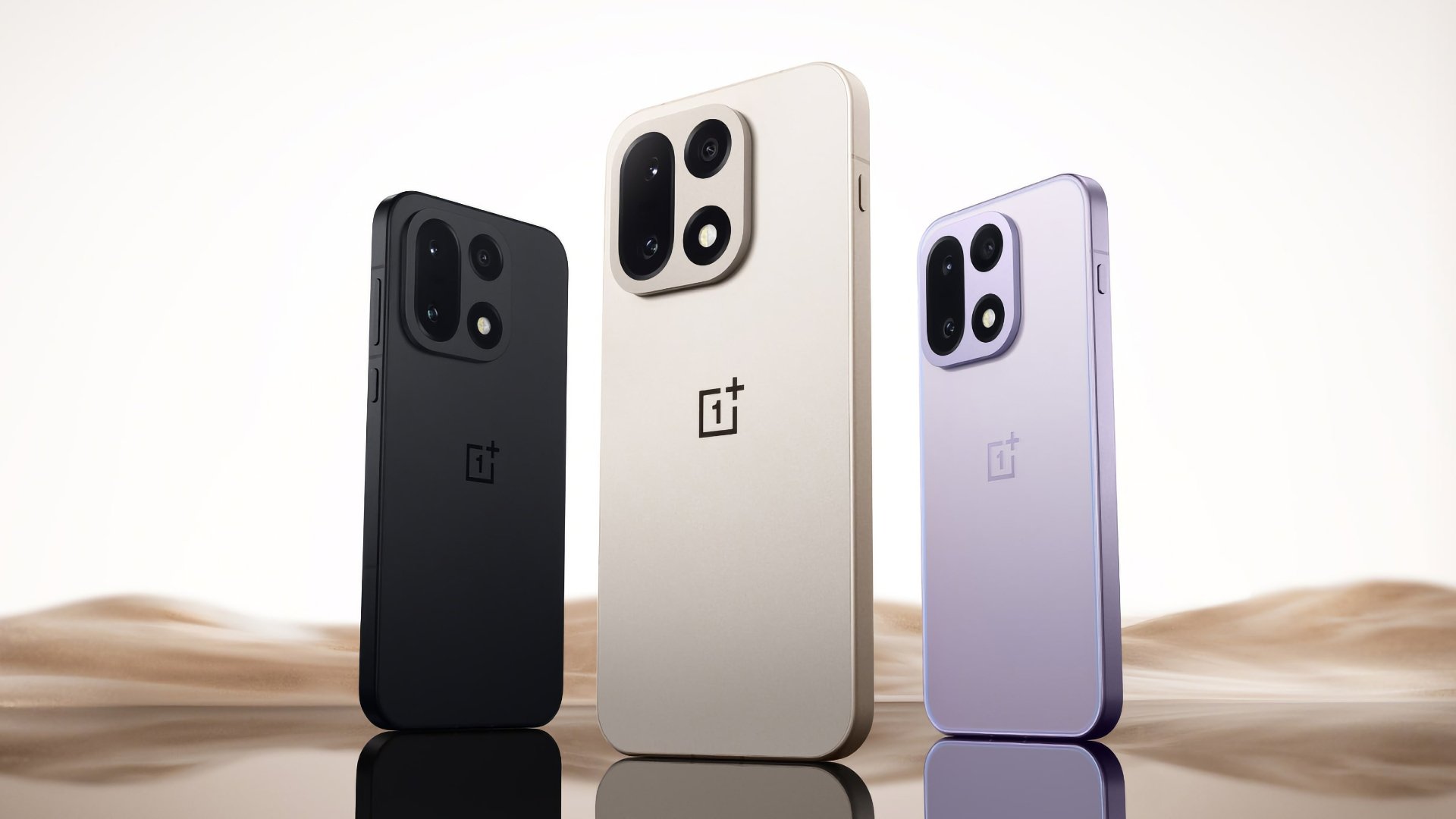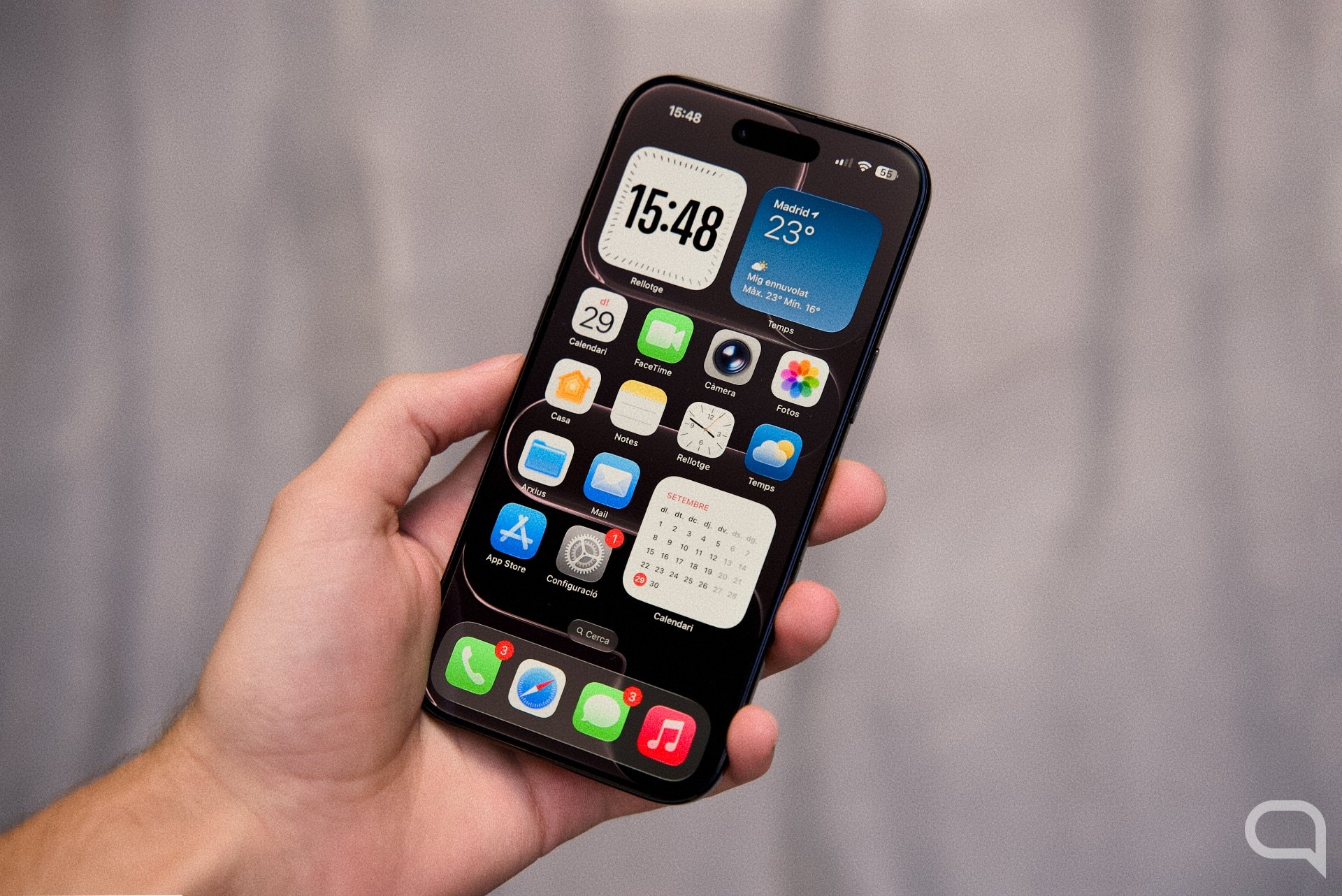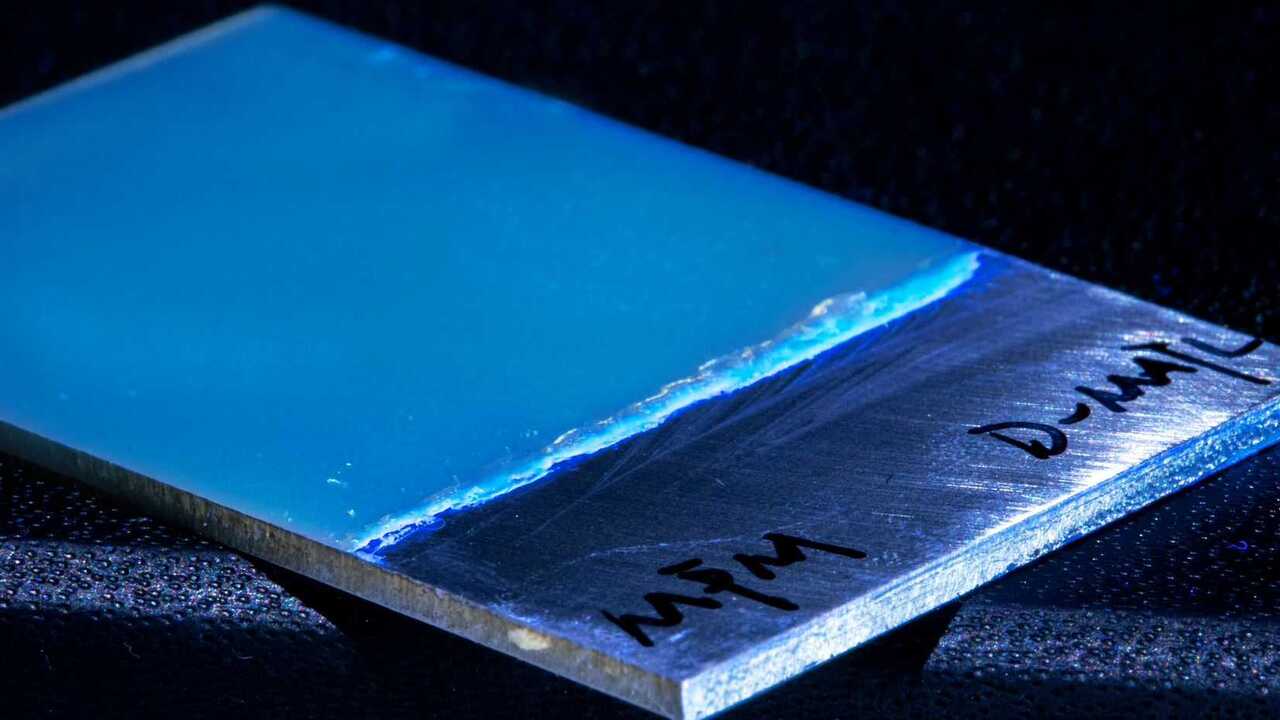The new material is called PPM and can be sprayed onto a surface where it turns into a tough polymer coating. To test how well it protected against corrosion, the team performed an accelerated aging experiment in which aluminum alloy samples were exposed to a salt water solution with and without a PPM coating. Metals coated with 30 and 50 micrometer PPM layers did not show significant corrosion after many cycles of accelerated aging.
PPM has also demonstrated its ability to self-heal. When the team deliberately scratched the coating and then exposed it to solution, it was found to quickly patch the scratch itself (the solution reacts with the aluminum underneath, causing the area to heat up and sufficiently melt the polymer that flows into the tear).
PPM also fluoresces under ultraviolet light, but does not glow when damaged, allowing you to check for cracks that are normally hard to see.
The scientists are applying for a patent, and further study will discover ways to improve the formula.
Source: Ferra
I am a professional journalist and content creator with extensive experience writing for news websites. I currently work as an author at Gadget Onus, where I specialize in covering hot news topics. My written pieces have been published on some of the biggest media outlets around the world, including The Guardian and BBC News.











